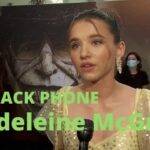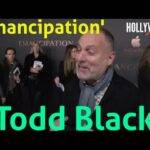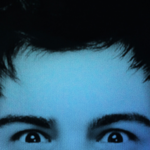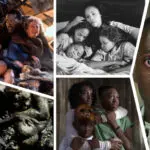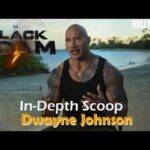Photo: Black People Memes
In early 2012, Kimberly “Sweet Brown” Wilkins went viral in a news interview where she details her apartment complex setting fire. The video, known as “Aint Nobody Got Time for That,” which garnered millions of views, was an ongoing joke for my sixth-grade class. Back then, YouTube was only seven years old (it is more than twice that now), and our behavior on the internet was radically different. To put it into perspective, Instagram wouldn’t come out until a year later. The way we documented information, including memes, was fundamentally different. Although the viral video is funny on the surface, looking back, I am curious about whether we were laughing with Kimberly “Sweet Brown” Wilkins or laughing at her.
Related article: Oscar Buzz – ‘Ma Rainey’s Black Bottom’: Magic Beneath the Surface as Viola Davis and Chadwick Boseman Electrify
Related article: Warner Bros. TV Signs Oscar Winner Matthew A. Cherry to Create More Meaningful Black Content
While she does seem to be having fun telling her crazy story about how she “thought somebody was barbequing” in reference to the smell of her burning building, I’m curious if Kimberly were white, would we have this insane culture-shifting reaction? Kimberly Wilkins has a bubbly and funny personality, but it’s not especially different from many of my Black family members, aunts, and cousins. A lot of our popular memes are just seconds of Black behavior. Black people use Black memes because we can relate to them, but I’m wondering what it means for white people to use Black memes, emojis, and language on the internet. White people, are you laughing with us or at us?
The Colonization of Black Culture – Black People Memes
AAVE stands for African American Vernacular English. It’s a dialect that’s been used by Black Americans for hundreds of years; it has its own rules and structure. Worlds like “chile” (as in child), “finna” (as in about to), and “gurl” (as in girl) are all phrases adapted by the internet that began in the Black community. Although it’s entertaining to use this dialog in everyday internet slang conversation, the problem comes when individuals profit (from views that typically equal money) from heavy AAVE or a Black accent or “blackcent.” If a white creator uses their normal speaking voice in one video, being their authentic self then turns on their blackcent when they’re trying to be funny, then there’s an issue. It’s impossible not to see the parallels between the modern use of Black culture for entertainment and the stereotypes and blackface from minstrel shows.
Subscribe to Hollywood Insider’s YouTube Channel, by clicking here.
The caricaturization of Black people has existed since colonial times. This was seen incredibly prevalent in minstrel shows, a comedic theatre form that used blackface and racial stereotypes for entertainment. America is used to only tolerating Black people as forms of entertainment. America knows us as “the funny ones,” “the ones who can sing,” “the dumb ones,” and we eat it up in the media we consume. This is why Laura Inghram can say “shut up and dribble” in response to Lebron James raising his opinion about President Trump, and still keep her job. It’s because America’s all secretly thinking it. As soon as Black people push for our community’s safety and equity, the intense backlash is a reminder of the narrow line we walk.
When popular Tik Toker Brittany Broski (aka Kombucha girl), was checked for her use of AAVE, she defended its use under the guise of slang being internet culture. While Brittany is quite southern and typically is decent in keeping her AAVE for comedic effect to a minimum, her response was poorly crafted. This is one of the major problems we’re facing as users of the internet right now. If you, as a white person, find yourself excessively using Black emojis, Bitmojis, Black memes, and GIFs, maybe you should think about why this is the case. No Brittany, this is not internet culture, it’s caricaturing Black people.
Related article: The Power of Positivity: Ikorodu Bois + Chris Hemsworth + Russo Brothers + Sam Hargrave
Limited Time Offer – FREE Subscription to Hollywood Insider
Are the popular Nicki Minaj memes funny, or is it just Black people and culture who you find funny? Would the GIF or picture you’re obsessed with being just as funny if it was a white person in the clip? While it may seem trivial to pick apart the way someone uses their keyboard on the internet of all things, this is rooted in a much deeper issue: since we can so easily embrace Black people in our media and entertainment, why can’t we embrace them in the real world?
Our Place in the Sun
I was taught to code-switch in school, which is essentially shifting the way you speak, depending on your audience. It’s something only disparaged groups of people have to do. I was taught that AAVE is not acceptable in professional settings. There’s a similar pressing dilemma about the Black presentation of hair. Many companies deem dreadlocks, braids, and natural hairstyles to be inappropriate for a workplace environment. These eurocentric standards about how the “real world’ should operate intentionally exclude Black people. You want to see us on screen, not in your conference rooms. Although it may seem dramatic to complain about how someone partakes in their internet usage, until Black people can operate freely in spaces without oppression or discrimination, we will not sit idly by while you use us solely for your entertainment.
In I am Not Your Negro by James Baldwin, he says, “You never had to look at me. I had to look at you. I know more about you than you know about me. Not everything that is faced can be changed, but nothing can be changed until it is faced.”
Related article: Hollywood Insider’s CEO Pritan Ambroase: “The Importance of Venice Film Festival as the Protector of Cinema”
Related article: The Masters of Cinema Archives: Hollywood Insider Pays Tribute to ‘La Vie En Rose’, Exclusive Interview with Director Olivier Dahan
When you reduce our personality down to a mere source of entertainment for you, a tool, while still ignoring our issues, allowing our qualms to fall on deaf ears, you’re operating as an agent of white supremacy. The looming shadow of slavery has contorted the white view of Black people, and the effects will never be alleviated if we continue to ignore the nuances.
Black memes are used by Black people to express universal ideas and opinions amongst us. Black memes were never initially used for “internet culture.” The adaptation is flattering, and I’m not saying using Black memes, or even AAVE, makes you racist; it just means you might have some personal thinking to do. Using a few memes that just so happen to have Black people in them does not make you racist. But when you overuse our culture, our words, or emojis, or our memes because you find Black culture to be humorous in and of itself, then you are unknowingly perpetuating immense ignorance, and self-reflection is far overdue.
By Tyler Bey
Click here to read Hollywood Insider’s CEO Pritan Ambroase’s love letter to Black Lives Matter, in which he tackles more than just police reform, press freedom and more – click here.
An excerpt from the love letter: Hollywood Insider’s CEO/editor-in-chief Pritan Ambroase affirms, “Hollywood Insider fully supports the much-needed Black Lives Matter movement. We are actively, physically and digitally a part of this global movement. We will continue reporting on this major issue of police brutality and legal murders of Black people to hold the system accountable. We will continue reporting on this major issue with kindness and respect to all Black people, as each and every one of them are seen and heard. Just a reminder, that the Black Lives Matter movement is about more than just police brutality and extends into banking, housing, education, medical, infrastructure, etc. We have the space and time for all your stories. We believe in peaceful/non-violent protests and I would like to request the rest of media to focus on 95% of the protests that are peaceful and working effectively with positive changes happening daily. Media has a responsibility to better the world and Hollywood Insider will continue to do so.”
More Interesting Stories From Hollywood Insider
– Do you know the hidden messages in ‘Call Me By Your Name’? Find out behind the scenes facts in the full commentary and In-depth analysis of the cinematic masterpiece
– A Tribute To The Academy Awards: All Best Actor/Actress Speeches From The Beginning Of Oscars 1929-2019 | From Rami Malek, Leonardo DiCaprio To Marlon Brando & Beyond | From Olivia Colman, Meryl Streep To Bette Davis & Beyond
– Why Queen Elizabeth II Is One Of The Greatest Monarchs | Her Majesty Queen Elizabeth II of United Queendom of Great Britain & Northern Ireland
– Compilation: All James Bond 007 Opening Sequences From 1962 Sean Connery to Daniel Craig
– In the 32nd Year Of His Career, Keanu Reeves’ Face Continues To Reign After Launching Movies Earning Over $4.3 Billion In Total – “John Wick”, “Toy Story 4”, “Matrix”, And Many More
– Want GUARANTEED SUCCESS? Remove these ten words from your vocabulary| Transform your life INSTANTLY
Black People Memes, Black People Memes, Black People Memes, Black People Memes, Black People Memes, Black People Memes, Black People Memes, Black People Memes, Black People Memes, Black People Memes, Black People Memes, Black People Memes, Black People Memes, Black People Memes, Black People Memes, Black People Memes, Black People Memes, Black People Memes, Black People Memes, Black People Memes, Black People Memes, Black People Memes, Black People Memes, Black People Memes, Black People Memes, Black People Memes, Black People Memes, Black People Memes, Black People Memes, Black People Memes, Black People Memes
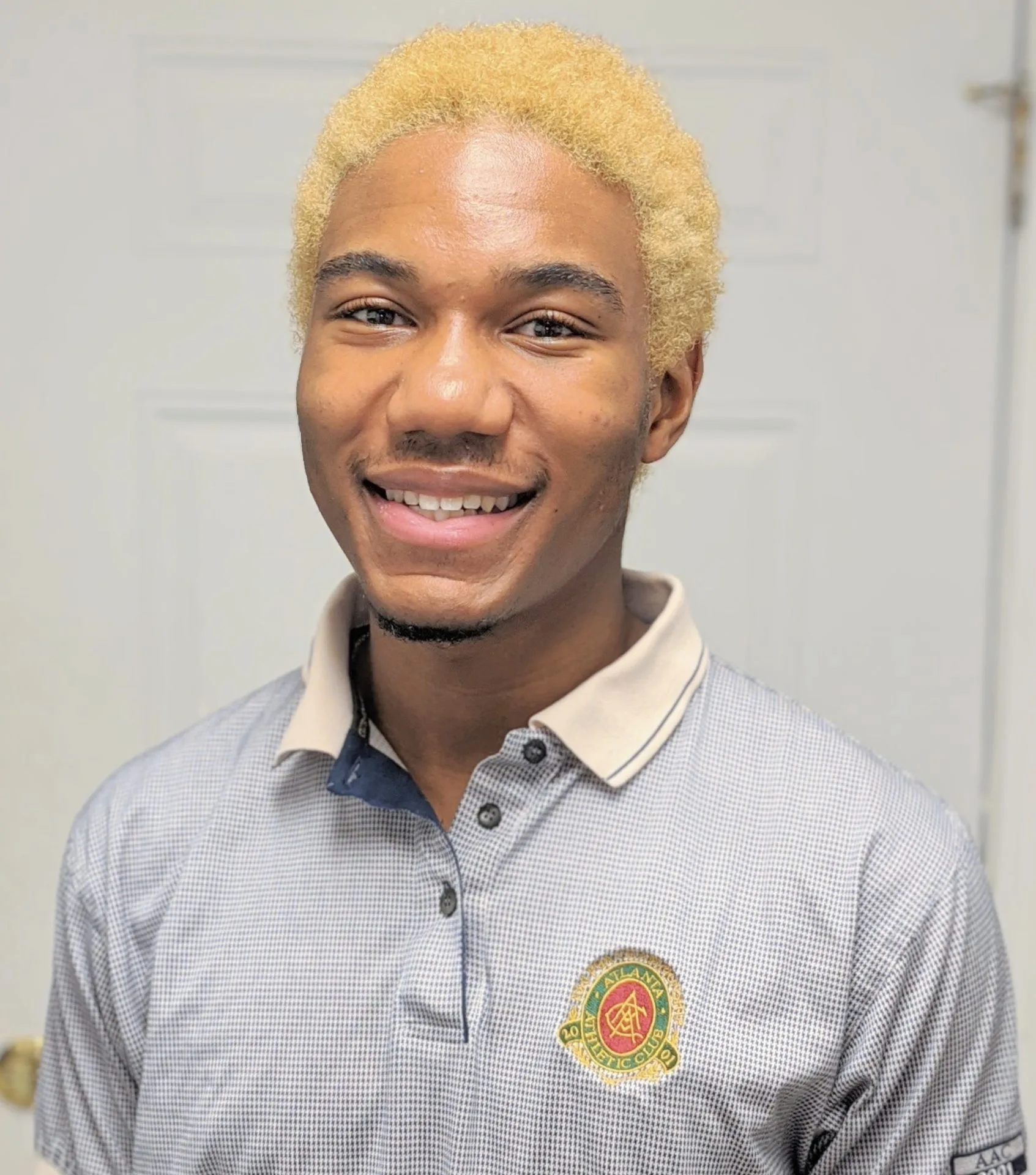
Tyler Isaiah Bey is a writer and actor from Atlanta, Georgia. His emphasis on storytelling through his work guides him through his writing. His theatre background has given him a love for honest performance and a strong appreciation for art. Hollywood Insider’s focus on education, philanthropy, and anti-drama is the perfect platform for Tyler who’s unique and often intersectional perspective gives him a honed edge to the work he creates. He finds joy in discovering powerful crossroads of current events and media and infuses this cultural awareness into his writing. For it’s these intersections that make art so powerful and writing such a pleasure for Tyler.

